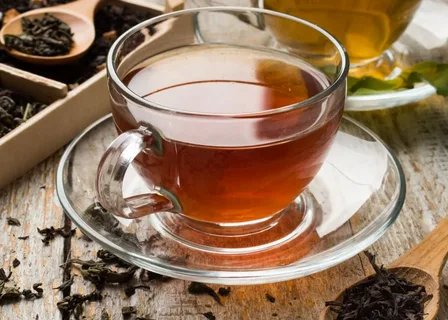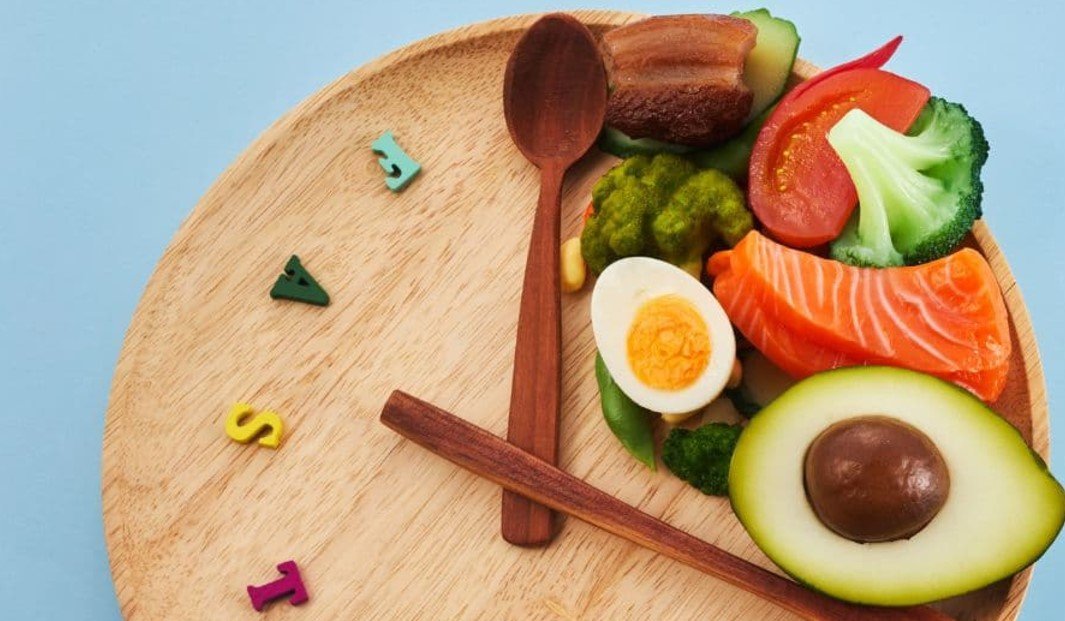Midnight urination, or nocturia, is a common issue that affects many people, particularly as they age. Frequent trips to the bathroom during the night can disrupt sleep, leading to tiredness, irritability, and a decrease in overall quality of life. However, you don’t have to rely on medications to alleviate this condition. In this article, we will explore natural ways to stop midnight urination, promoting a restful night’s sleep and improving your overall well-being.

### 1. **Understand the Causes of Midnight Urination**
Nocturia can be caused by various factors including excessive fluid intake before bed, certain medical conditions, and even dietary habits. For example:
– **Overactive bladder**: A condition where the bladder contracts too often, causing the urge to urinate.
– **Fluid retention**: If fluid accumulates in your legs throughout the day and then is absorbed into the bloodstream when lying down, it may lead to more frequent urination at night.
– **Caffeine and alcohol**: Both are diuretics, meaning they increase urine production.

### 2. **Hydrate Properly Throughout the Day**
It’s important to stay hydrated throughout the day but avoid drinking too many fluids in the evening, especially just before bed. Aim to drink most of your water in the morning and afternoon to ensure that your body is well-hydrated before nighttime.
### 3. **Limit Caffeine and Alcohol Intake**
Caffeine and alcohol are known to act as diuretics, which can increase the production of urine. Reduce or eliminate these substances from your evening routine to prevent frequent midnight trips to the bathroom.

### 4. **Incorporate Foods that Promote Bladder Health**
Certain foods are great for supporting bladder health and may help reduce the frequency of nighttime urination:
– **Fiber-rich foods**: Whole grains, vegetables, and fruits help improve digestion and reduce the risk of urinary issues.
– **Avocados and leafy greens**: Rich in magnesium and potassium, these foods help balance the body’s fluid levels and reduce bloating, which can impact urinary frequency.
– **Salmon and other fish**: Rich in omega-3 fatty acids, these can help reduce inflammation and promote healthy bladder function.
### 5. **Practice the “Stop and Start” Technique**

If you frequently experience the urge to urinate but don’t actually need to, try the “stop and start” technique. This involves pausing midstream, waiting a few seconds, and then resuming urination. This can help strengthen your bladder muscles and reduce the urgency.
### 6. **Try Herbal Remedies**
Certain herbs have been traditionally used to reduce the need for nighttime urination. Herbal teas such as **chamomile** or **green tea** are known for their calming properties and mild diuretic effects. Drinking a cup of herbal tea before bed can help promote relaxation and may reduce the urge to wake up during the night.
### 7. **Establish a Healthy Sleep Routine**
Improving your sleep hygiene can play a big role in reducing nocturia. A consistent sleep schedule, combined with a relaxing bedtime routine, can help signal to your body that it’s time to rest, rather than to urinate.
### 8. **Practice Kegel Exercises**
Kegel exercises can strengthen the pelvic floor muscles, which help control bladder function. Regular practice of these exercises may help reduce the need for midnight urination by improving bladder control.
### 9. **Maintain a Healthy Weight**
Excess weight can put pressure on the bladder, leading to frequent urination. Maintaining a healthy weight through a balanced diet and regular exercise can reduce this pressure and improve bladder health.
Midnight urination can be frustrating, but with a few lifestyle and dietary adjustments, you can reduce its impact naturally—without the need for medications. By hydrating properly, adjusting your diet, limiting caffeine and alcohol, and practicing good bladder health habits, you can experience fewer interruptions to your sleep and enjoy a more restful night. If nocturia persists, it’s always a good idea to consult a healthcare professional for further guidance.
